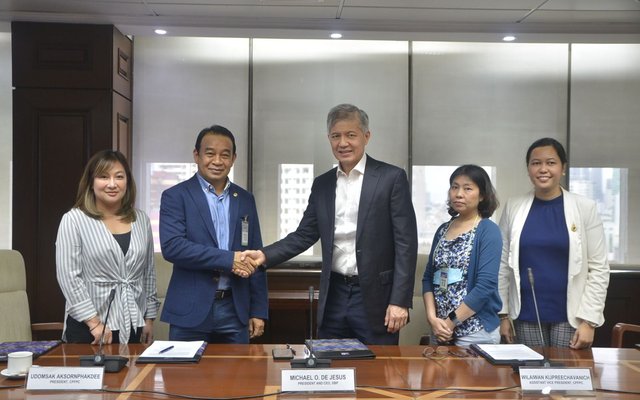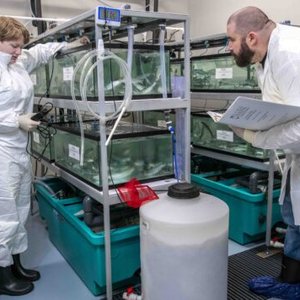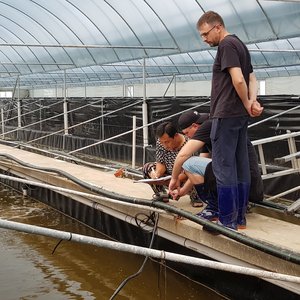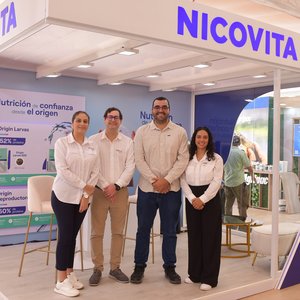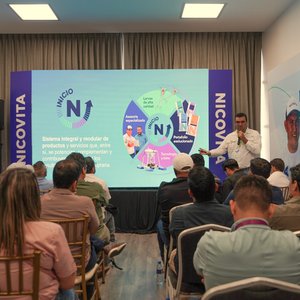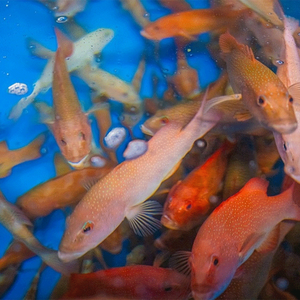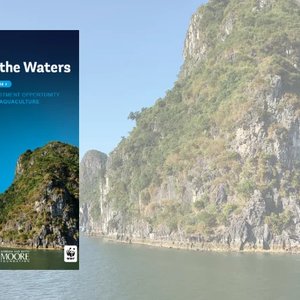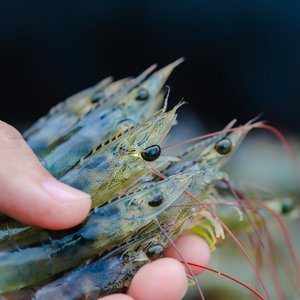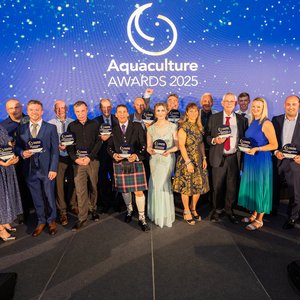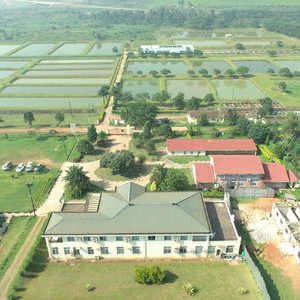The Development Bank of the Philippines (DBP) partnered with Charoen Pokphand Foods Philippines Corporation, the Philippine subsidiary of CP Foods, to boost the national government’s efforts to support the local aquaculture industry.
DBP would provide CP Foods with the necessary credit assistance for working capital requirements, fixed asset acquisition, the installation of other support facilities, pond development or improvement, and the establishment of post-harvest facilities. “This partnership is in support of the Department of Agriculture’s (DA) commitment to intensify the fishery sector by increasing the local shrimp production to 276,320 tons from 2023-2027,” said DBP president and CEO, Michael O. de Jesus.
The pipeline projects to be financed under this agreement are estimated at P7 billion (USD 125 million) for the current year. These projects cover a range of aquaculture-related activities supporting small and micro enterprises and cooperatives with a minimum funding of P5 million but not exceeding P15 million, or up to 90% of the total project cost, and medium-to-large enterprises with a minimum funding of P15 million, or up to 70% of the total project cost.
“We are confident that CP Foods’ decades-long aquaculture expertise will greatly contribute towards our collective goal of a more competitive and sustainable Philippine aquaculture,” de Jesus concluded.


